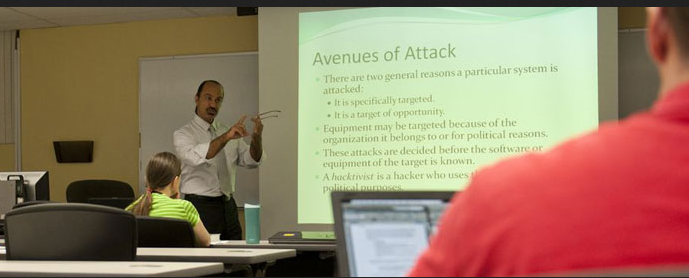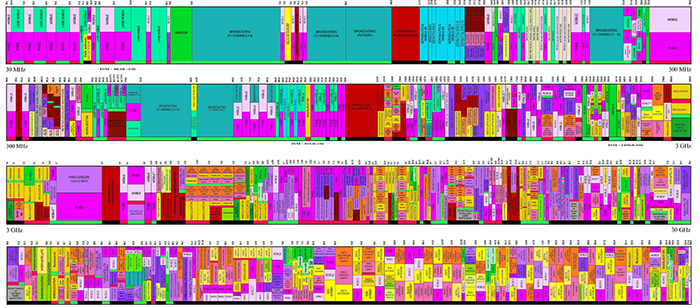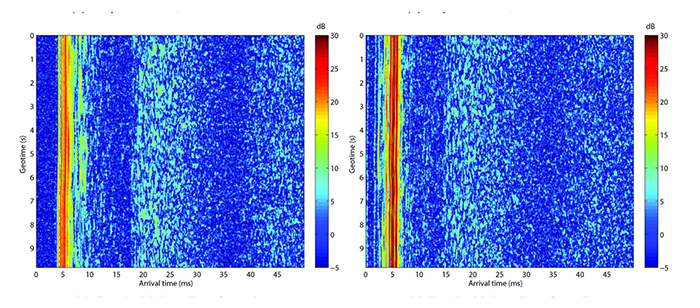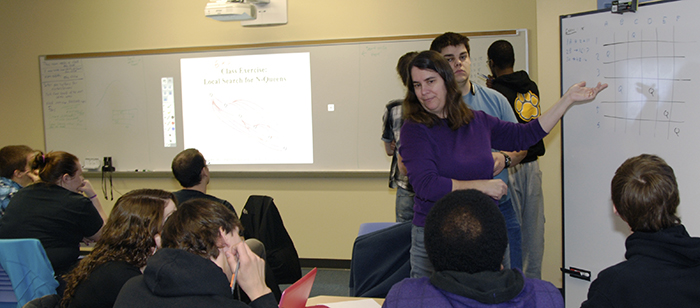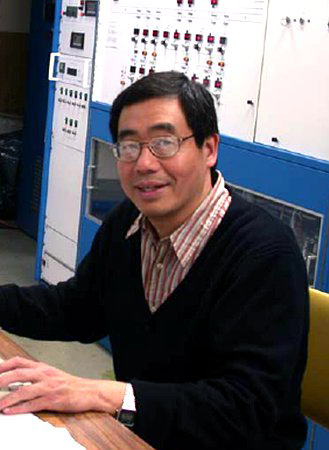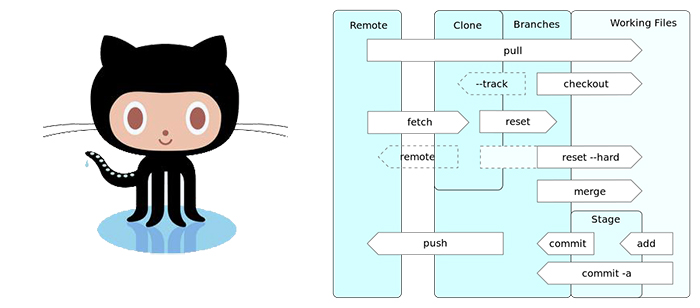
Learning and Optimization for Complex Dynamic Networks: The
Cases of Future Power Systems and Cognitive Wireless Networks
Dr. Seung-Jun Kim, University of Minnesota
11:45-12:45 Tuesday, 11 March 2014, ITE325b, UMBC
With enormous growth in sensing and communication capabilities as well as processing power to analyze collected data, we are witnessing exciting opportunities in diverse disciplines to study complex interactions of networked entities. The overarching theme is to explore cutting-edge computational intelligence tools from signal processing, machine learning, optimization, and control to make sense of amassed data and exploit complex interactions to make significant real-world impacts. In this talk, I will make cases for two prime examples, namely, future power systems and cognitive wireless networks. The role of contemporary tools including online learning, sparse and low-dimensional models, distributed and robust algorithms, will be emphasized.
Seung-Jun Kim received his B.S. and M.S. degrees from Seoul National University in Seoul, Korea in 1996 and 1998, respectively, and his Ph.D. from the University of California at Santa Barbara in 2005, all in electrical engineering. From 2005 to 2008, he worked for NEC Laboratories America in Princeton, New Jersey, as a Research Staff Member. He is currently with the Department of Electrical and Computer Engineering and the Digital Technology Center at the University of Minnesota, where he is a Research Associate Professor and a Research Associate. His research interests lie in applying signal processing, optimization, and machine learning techniques to various application domains including wireless communication and networking and smart power grids.
